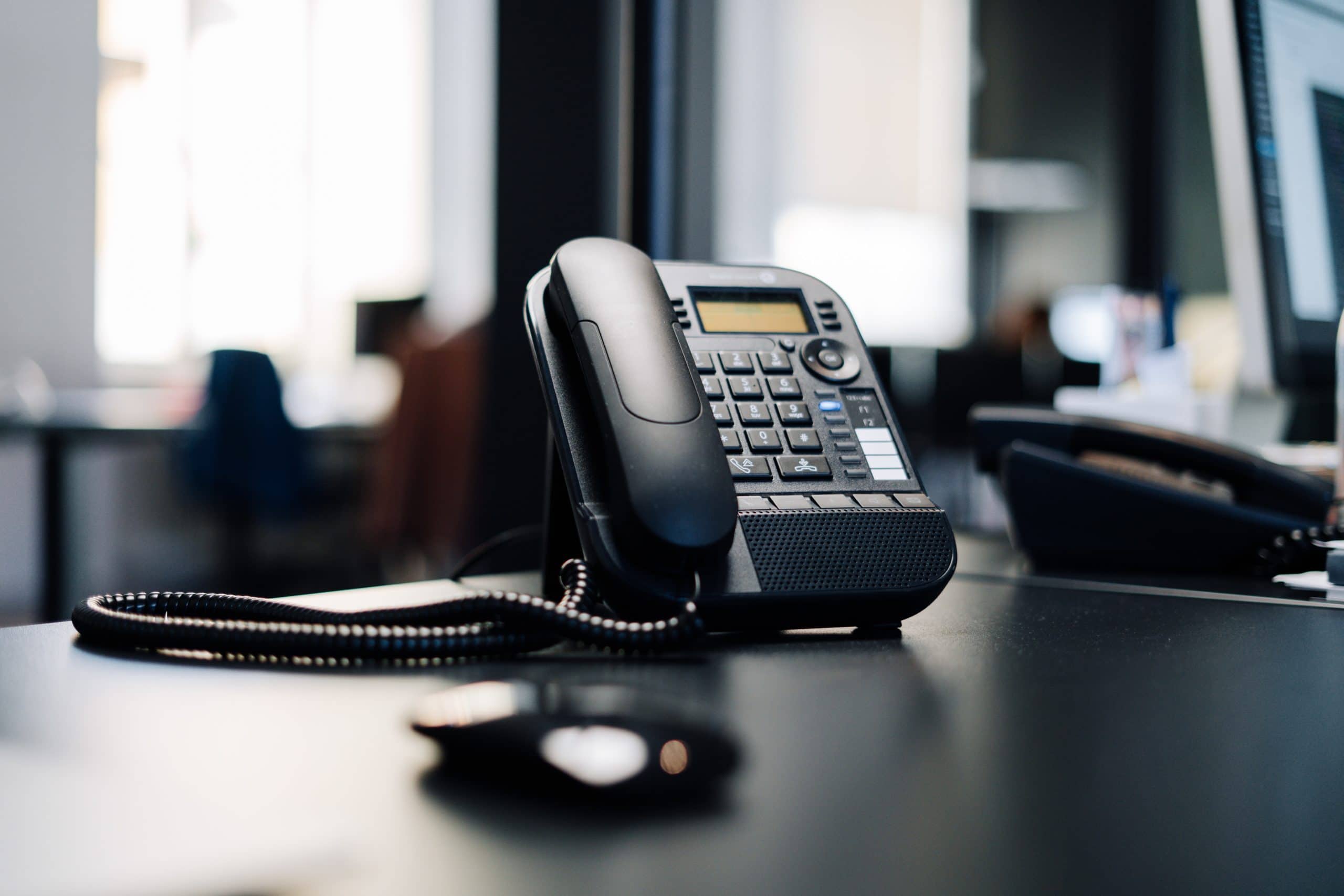As readers know by now, the Supreme Court’s April 2021 decision in Facebook v. Duguid has changed and clarified how courts interpret what constitutes an autodialer within the meaning of the Telephone Consumer Protection Act (“TCPA”). For TCPA purposes, an autodialer is equipment that uses a random or sequential number generator to produce phone numbers and then dials those numbers. The TCPA restricts autodialer use, and courts have developed a set of autodialer factors that can be used to determine how likely it is that a telemarketer used an autodialer. One recent decision, in a case captioned Wilson v. Rater8, LLC, provides a good example of how those factors have changed in the wake of Facebook.
How does the Wilson decision affect the way courts interpret autodialer factors?
Robert Wilson went to see a doctor, Dr. Larry Dodge in particular, for an orthopedic exam. Within minutes of leaving the office, he received a text message asking him to rate his experience with Dr. Dodge. Wilson decided to sue the doctor’s office and its texting partner, Rater8, LLC, for TCPA autodialer violations. After the Supreme Court released the Facebook decision, the Defendants moved to dismiss the case, arguing that Wilson could not maintain his autodialer claims.
In its ruling dismissing the case, the Court analyzed the six autodialer factors that plaintiffs can use to ascertain autodialer use. They are:
- The personal nature of the message: the more impersonal, the more likely the caller used an autodialer;
- The number and frequency of the messages: with higher quantity and frequency suggesting autodialer use;
- The ability to interact with the message : with interactions like “reply STOP to unsubscribe” making autodialer use more likely;
- The relationship between the parties: with a preexisting relationship making it less likely that an autodialer was used;
- Whether the same message was sent to multiple numbers at the same time; and
- Whether the message was sent from a short-code or a long code number: with short codes making a finding of autodialer use much more likely.
The Court acknowledged that the text message sent to Wilson was delivered via a short code and included a “reply STOP to opt-out” interaction option. However, the Court recognized that, in light of Facebook, the remaining facts at issue made autodialer use highly unlikely.
The Court pointed out that Wilson’s claims amounted to alleging that an autodialer randomly produced his cellular phone number and sent him a text message about a visit with Dr. Dodge, all coincidentally within minutes of his leaving an appointment at Dr. Dodge’s office. In fact, Wilson had a relationship with the doctor’s office, received a single personalized message about a specific visit with a specific doctor, and made no allegation that the same message was simultaneously sent to multiple consumers.
Why does the Wilson decision matter to your business?
Like Wilson, the vast majority of autodialer-related case law following Facebook has been favorable for the telemarketing industry. What the Wilson decision may demonstrate is that the autodialer factors may no longer tilt in TCPA plaintiffs’ favor. With technology making it easier and easier for telemarketers to target their advertising campaigns, the once-feared random digit dialing concern has all but gone by the wayside.
As always, obtaining prior express written consent remains the gold standard of TCPA litigation defense. However, using the autodialer factors and analysis contained in the Wilson decision may provide telemarketers with another useful resource to avoid TCPA liability.
Hire experienced TCPA attorneys.
With each new judicial decision, the TCPA climate evolves. Having experienced TCPA attorneys as part of your team can help your business stay up to date with the law so that you can avoid potential TCPA liability. The attorneys at Klein Moynihan Turco have years of experience focusing on all things telemarketing and can assist your business in updating its telemarketing practices to stay TCPA compliant.
If you need assistance updating your telemarketing practices or defending against a TCPA lawsuit, email us at info@kleinmoynihan.com or call us at (212) 246-0900.
The material contained herein is provided for informational purposes only and is not legal advice nor is it a substitute for seeking legal advice from an attorney. Each situation is unique, and you should not act or rely on any information contained herein without seeking the advice of an experienced attorney.
Attorney Advertising
Similar Blog Posts:
FTSA Litigation: Have You Been Sued Under the Florida Telephone Solicitation Act?
I Received a TCPA Subpoena. Now What?
Does Your Company Need a Telemarketing Legal Opinion Letter?




